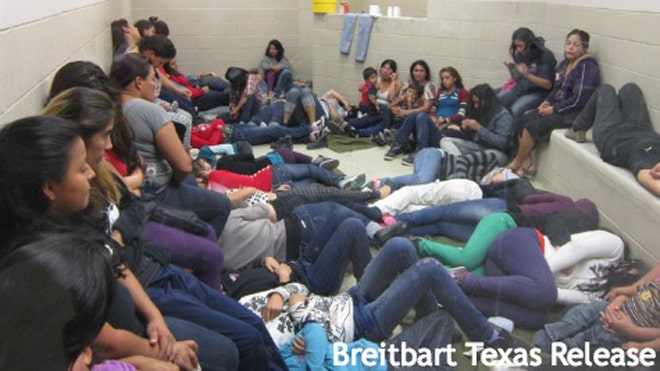As I mentioned in my last post, many of the unaccompanied minors that come to our country are escaping horrible circumstances in their home countries that many of us cannot fathom. As a result, when they get here, they may have more trouble than other newcomers adjusting to their new home and school. The purpose of this post is to help teachers make these students feel comfortable in school.
Be sensitive to signals.
We cannot outright ask our students about their immigration status or how they came here (sometimes families and students will volunteer the information if they feel safe). But, we must still be sensitive to their life story. Remember- some of these kids have seen violence and poverty we cannot even fathom. If a student seems apprehensive or afraid, do what you can to make that student feel at ease. Be sensitive to signals that the student may be experiencing psychological distress or problems at home.
Help where you can.
Once, when I was teaching in North Carolina, I was split between a middle school and an elementary. At the elementary level, we had a student come from a tropical country in winter. He had NO winter clothes or coats. I asked my middle school students to bring in any old uniforms that they could no longer wear, as well as gloves, hats scarves or coats. The elementary student was SO happy (and his family SO appreciative) to receive those clothes.
When I taught 4th grade ESOL, I would keep pencils and erasers on hand to "sell" to those students who never seemed to bring a pencil. Pencils were $.10 and erasers were $.05. It was hard for them to get their parents to go to the store, but with a few cents they could "buy" one from me. That money went into a fund to buy lunch for students who forgot their money or didn't have money. Finding small ways to do what you can for these kids can make a big difference!
Also know what services are available in the community that you can refer the families to- especially those that speak Spanish. There are often immigration support services available, small services from social services, and food pantries.
Always be ready with a smile and a hug.
Sometimes that's all they need. Show them that you are happy to see them each day and that you are excited by what they are learning and the progress they are making. Sometimes they really want to learn and knowing that someone believes in them can be powerful.
Understand that they're not all in the same place.
Some of these kids come here with little or no education- and not by choice. Sometimes gangs control the road between the home and the nearest school. If the family cannot afford to pay the gang to use the road, the children cannot go to school. Understand that remediation may be necessary or that some of these kids have seriously interrupted educational experiences- but they really want to learn. Often, they are highly motivated, but in need of a great deal of help.
I hope these posts on UAC help you understand what you these kids are going through and help you to serve them better. I will continue with more posts as more information and ideas become available.






No comments:
Post a Comment